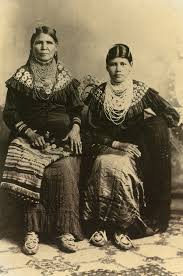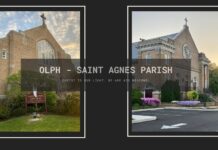Nationally known and recognized historian and author Dr. Camilla Townsend will present stories of the Lenape at the Middletown Library Tuesday, July 23 at 7 p.m.
The program will be offered both in person at the library as well as online by registering in advance at MiddletownNJHistory.org.
Dr. Townsend is a Board of Governors Distinguished Professor of History at Rutgers University and specializes in Native American history.
She is the author of several books on the Native American communities and history as well as history of Latin America. One of her books, Fifth Son, won the 2020 Cundall History Prize in 2020.
Speaking on “On the Turtle’s Back: Stories of the Lenape.” , Dr. Townsend will highlight Lenape folklore stories that were written down when the Lenape language was still fully vibrant.
The stories were originally collected from Lenape people who sought to record their legends before their language and cultural traditions died out. Dr. Townsend and a Lenape co-author, Nicky Kay Michael, carefully researched the lives of the storytellers and have recently published the tales for the first time.
The author’s work has been supported by the National Endowment for the Humanities, the American Philosophical Society and the John Simon Guggenheim Memorial Foundation.
After graduating from Stuyvesant High School in New York, Dr. Townsend graduated summa cum laude from Bryn Mawr College and received a Ph.D. in comparative history from Rutgers University.
From 1995 to 2006 she taught history at Colgate University in Hamilton, New York. While teaching there, she enrolled in a summer course of Classical Nahuatl offered at Yale and became aware of how many primary and secondary sources were available in Nahuatl, a language of the Uto-Aztec family still spoken in central Mexico but also recognized as a literary language with works during the 16th and 17th centuries.. It is recognized as among the most studied and best documented Indigenous languages of the Americas.
Under a Guggenheim Fellowship, the historian analyzed the Naval works in their own language when they used the Latin alphabet taught by Spanish friars to enable them to read the Bible.



